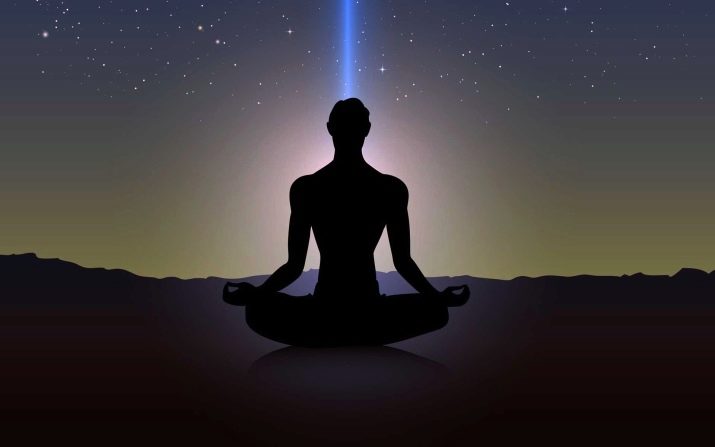Autophobia is a fairly common mental disorder today. It is based on an obsessive fear of being alone. Obsessive thoughts about the need for a human society and an anxious state without people are experienced extremely hard.
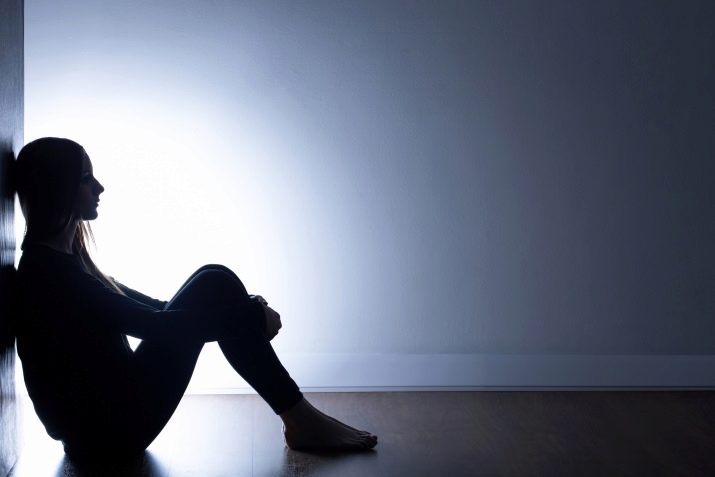
What it is?
Autophobia is characterized by anxiety, panic and discomfort when alone or with thoughts of loneliness. Phobic disorder is considered a serious problem, however, with timely treatment, it can be dealt with. The disease is dangerous not only with an obsessive feeling of anxiety, but also with the risk of self-harm. Out of the number of autophobes, according to statistics, the largest number of people commit suicide.
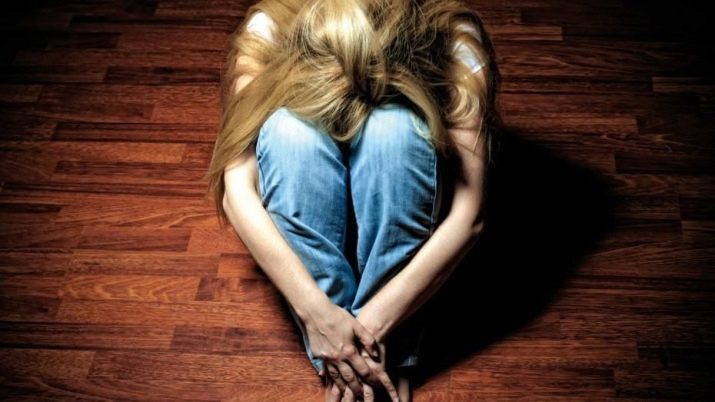
Suicidal thoughts are one of the main dangers of autophobia.
For many people, a short stay alone with them is a pleasure - they allow you to relax from the fast pace of life and city bustle, put your thoughts in order, make an informed important decision or, on the contrary, allow yourself to switch to pleasant favorite activities. However, loneliness gives others discomfort. The problem is called a phobia only in its extreme degree: if you just love noisy companies and miss people, this is not a pathology.
Fear of loneliness is often formed when a person is just thrown out of the social circle. Then he feels the danger of opposing himself to the majority. Loneliness causes the patient discomfort, because he does not feel self-confidence, but feels his dependence on others. Besides, such a phobia is supported by a person’s natural desire to be part of a society.
Autophobia is very difficult in older people who feel left out of life. Often a phobia is formed in adolescents during the growing crisis: at a young age it is very important to be part of a certain social circle and establish oneself in society, and rejection by peers can be the beginning of a serious illness. Sometimes a phobia is formed from childhood, and in some situations it can also form in an adult state: everything will depend on specific circumstances.
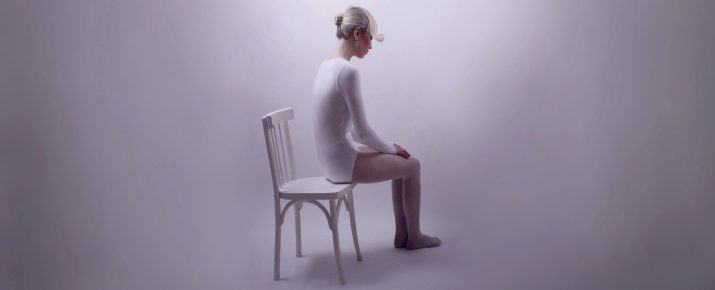
This mental illness is equally affected by people, regardless of gender and age.
Causes of occurrence
Often a phobia forms in the first years of life, when we have a fear of being abandoned by our parents. Autophobia also often occurs after a painful break with loved ones: this occurs in both women and men, most often after the age of 30 years. It’s very difficult even for specialists to precisely identify why a particular individual has become an autophobe, because in real life we are influenced by a combination of many factors.

But still there is an opportunity to find the most probable and basic reasons.
- Lack of early adult support. Parents often and for a long time leave their child, relatives rarely talk with the baby, he does not attend kindergarten and is deprived of communication with other children, the child is often threatened to abandon him if he is capricious, ignore children's fears and tears. Such detached education can lead to a phobia of solitude - social deprivation and a feeling of vulnerability without parents increase the risk of panic rejection of one’s loneliness.
- In childhood, adults pay little attention to educationDo not teach a son or daughter to stand up for themselves, do not try to develop it intellectually and do not instill useful hobbies. From this, the child does not feel full, confident, he has few interests. In the future, this leads to painful dependence on others.
- The kid was often threatened to leave onethrow on the street or give to strangers. So you can not interact with the child, since it is precisely such threats that give rise to the phobia.
- Connections with disadvantaged companies in teenage years can also develop autophobia. This happens when a teenager is hardly accepted into the society of which he wants to be a part. This forms a morbid fear of being rejected.
- Teenage crisis, severe, the lack of an understanding interlocutor can also be causes of autophobia. The inability to share feelings with anyone is a serious psychological problem that leads to mental illness.
- Fear in an adult does not have time to start a family and have children - This is a common cause of adult autophobia. For each person, this age is different, but fear becomes the most obsessive after 30 years. It is especially difficult when relatives and friends intensify the situation.
- Confidence and intimacy with unreliable people are dangerous. A person becomes dependent on them, but does not find mutual love and understanding. This also gives rise to a panic fear of being completely without loved ones. Systematic failures in love often precede autophobia, and failures themselves often arise precisely from the fact that the individual does not know how to choose the “right” people.
- Confronting the death of a loved one Is another common possible cause that leads to autophobia. The individual realizes how fragile relations with loved ones are and how short our life is, he is afraid that loved ones can be very easily lost.
- Low opinion of oneself, difficulties in communication, shyness also lead to a phobia of any solitude. In this case, an innate predisposition is combined with unfavorable accidents, which can easily turn out to be a trigger for the onset of autophobia.
- Love failure an extremely difficult and unexpected rupture, betrayal of a loved one - these are common causes of a dangerous phobia in both women and men at any age. If the separation is experienced very hard, sometimes you should seek the help of a psychologist to avoid unpleasant consequences.
- For people prone to reflection, even unpleasant memories of loneliness can provoke autophobia. Perhaps the person was in a difficult situation, in which he was alone with himself, and now the absence of people around him is associated with a negative.
- A busy life and great employment in our time (This is especially true for large cities) can also be a problem. People simply do not have time for relationships and full communication, they are constantly in society, but at the same time they feel lonely, because they cannot build a close relationship with anyone.
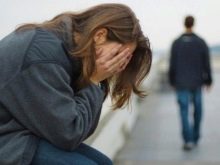

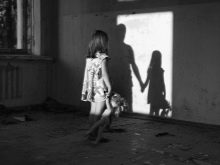
You need to understand that since many factors affect a person from all sides, it is extremely difficult to establish one reason: factors overlap one another and act in conjunction. An experienced psychologist can help identify the most significant cause and get rid of the disease, because each case is always individual.
Symptoms
Obsessive fear is a very unpleasant feeling that significantly reduces the quality of life. If this is a slight concern or a one-time panic attack, it is too early to talk about the disease: the disorder is exclusively systematic and comprehensive. However, the phobia can be very inconspicuous, so it is not possible to independently identify it in some cases.

Experts note that at risk are weak, shy, insecure individuals, teenagers with an immature psyche and lonely old people - they most often suffer from this disorder.
Symptoms of autophobia are as follows.
- Inability to make decisions distrust of oneself, insecurity characterize this disease. Such an individual feels constant and serious difficulties in adapting to the world, therefore he is always looking for support and approval from third parties. Fear of privacy, responsibility and self-reliance are important and unpleasant problems that can characterize autophobia.
- A strong desire to be part of any group also characterizes pathology. The patient painfully wants to feel a piece of society.
- Attempts to concede to people around and at all costs to keep them testify to a strong fear of being left without these people. In extreme cases, this is not good.
- Panic attacks also characterize autophobia. This is another alarming signal that clearly demonstrates an obsessive and unconscious fear of loneliness. Panic in a patient occurs at the time of parting with people. Sometimes even the inability to contact a person via mobile phone gives rise to an attack.
- Illogical behavior in relationships with others. Patients from the outside can seem very illegible in the matter of choosing their soul mate. They tend to have a short and non-binding relationship, they can very quickly and rashly decide to get married. The main goal of an autophobe is not to be left alone and not to be abandoned.

To the extreme degree of the development of the disease, an autophobe is often afraid to stay home alone, afraid to sleep, to be in large empty rooms or to walk along the street where there is no one else.
Fear is characterized by discomfort, panic, and sometimes it can manifest itself on a physical level. Rapid breathing, trembling, palpitations, pain, sweating - All this can be expressed with autophobia.
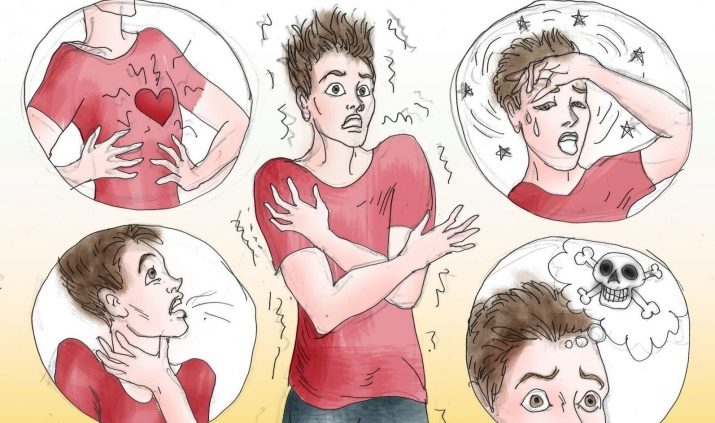
Treatment
Autophobic mental disorder can quite successfully give in to qualified treatment. With the proper approach and with the help of professionals, a person is able to get rid of a problem, start a life without daily stress.
How to deal with the disease? Self-medication is best left in order not to aggravate the situation. Literate and professional psychologists or psychiatrists. From self-medication measures, you should only visit your relatives and friends more often, talk about problems, and take help and support.
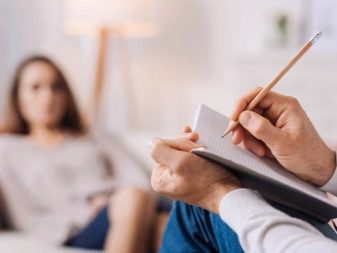

Autophobia can be treated in different ways. At the first, easy stages, psychologists apply various methods, for example, a patient may be asked to speak or draw their fears, express their emotions in different ways, and get rid of internal aggression. In the later stages of the disease, psychotherapists work more often: patients take antidepressants or other drugs prescribed by a doctor.
Well-known tips from experts will help overcome a phobia in its initial stages, partially relieve you of anxiety and allow you to calm down the anxiety state, but they are not able to replace a visit to the doctor.
- It is very important to realize that loneliness - This is a completely natural state of any person, we are all autonomous and individual individuals. Set yourself up for this particular installation. It is impossible to constantly be near someone, and if such conditions are ensured, they will only cause harm to the psyche and personal development. It is important to learn to be independent and not too dependent on external factors, including people around.
- Take a break from your unpleasant thoughts and memories with the help of a hobby or just a pleasant thing, creativity, sport or other self-realization. Find yourself a hobby, and if there is none, do significant housework or immerse yourself in work - this will distract from fear.
- Do not let the routine completely absorb your time, be sure to relax and take care of yourself. Arrange shopping, trips with friends to the movies, get out of town, diversify your leisure. The more your life will be saturated with bright joyful events, the faster you will be distracted from anxiety about loneliness.
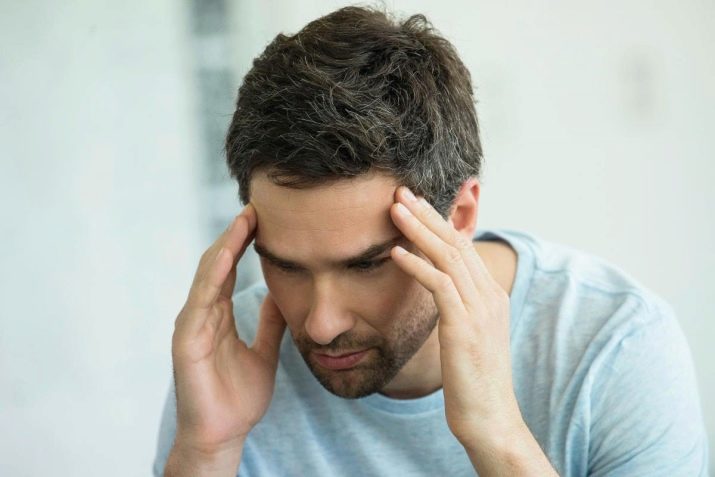
It is often difficult for an autophobe to realize his problem himself, consult a specialist, or take measures on his own.
A person is immersed in his anxiety and hopelessness, he is further protected from society. In these cases, understanding from relatives of the patient is very important. Close people should gently push a person to change, help fill the days with bright moments, gain confidence and new interests. You should definitely try to convince the autophobe to visit a psychologist.
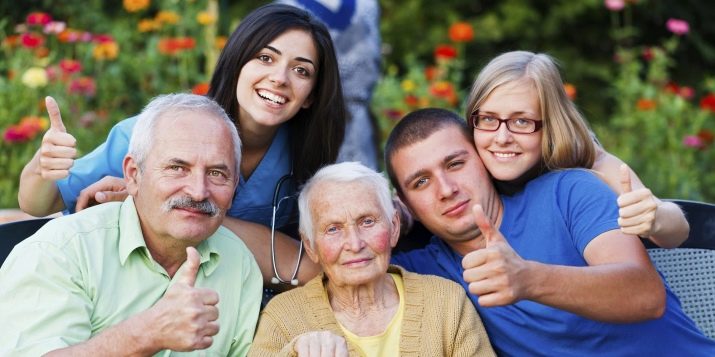
Psychotherapy
Psychology can deal with almost any problem now, if you choose a professional in your field.
The most important thing is to identify the individual causes that led to the phobia. Further, on the advice of a psychologist, it is necessary to fight precisely with these reasons, and not with the phobia itself. The technique in each individual case is different.
You can get rid of comprehensive uncontrolled anxiety in some situations with the help of hypnotic techniques: effective modern methods help directly introduce the necessary settings into your subconscious and replace negative with positive. The patient subsequently ceases to feel privacy as a frightening phenomenon, begins to relate to him completely indifferent, and even enjoy moments of solitude.
In especially difficult situations, medicines are used. These are antidepressants, various sedatives. You can take them only on the recommendation of a doctor.
It is very important to seek qualified help as soon as possible, not to let the phobia drift, otherwise the disease will progress. After a balanced treatment, you can completely recover from autophobia, establish their health, forget about physiological unpleasant symptoms, and also stabilize the psychological state. When getting rid of obsessive fears, you will significantly improve the quality of life, in particular, this applies to professional development and personal relationships.

Self help
Overcoming a phobia on its own is possible only in its early stages. It will also be effective as a prophylaxis if you feel predisposed to autophobia. The following measures will help prevent the disease or prevent its development in the first stages.
- Meditation and breathing exercises can help you heal from any phobia, including the pathological fear of any solitude. This is due to the fact that you calm down in the process and relieve the accumulated stress. It is worthwhile to devote several minutes of meditation daily, as well as to remember deep breathing directly in alarming situations - this will not allow you to panic, and peace will become a habit over time.
- You should develop and try new things.to get rid of your phobia. Look for new interests, overcome yourself, do interesting work. This will help you establish contact with yourself - you will no longer be bored alone, you will gain confidence in your own abilities and will no longer be afraid of the absence of other people.
- Sport and creativity perfectly help to pour out negative energy and do not leave time for anxiety or concern. Sign up for training, yoga, painting or singing courses. You will have a good time, learn new things, and also gain confidence in yourself and be inspired by the results of your work.
